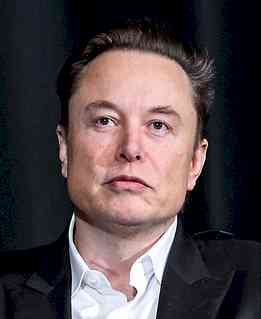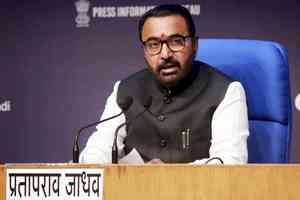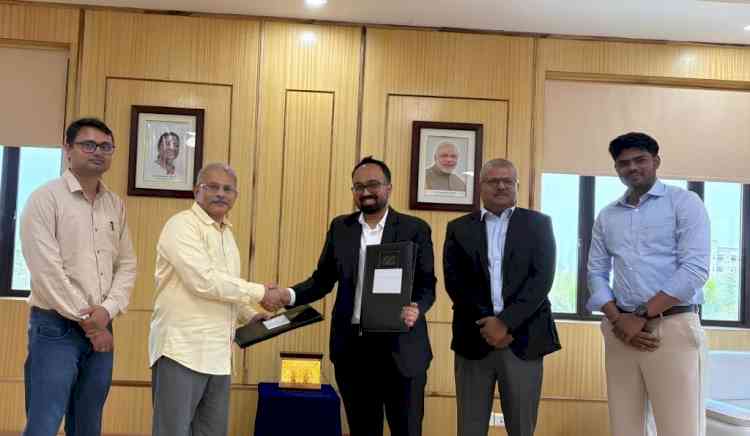Infosys Prize 2022 Awarded to Researchers in Six Categories
Winners felicitated by Chief Guest Prof.Shafi Goldwasser

Bengaluru, January 7, 2023: The Infosys Science Foundation (ISF) today awarded the winners of the Infosys Prize 2022 for their significant contributions to research at a presentation ceremony in Bengaluru. The work of the winners has potential impact in the areas of accessible healthcare and diagnostics, inclusive economic and social policy design, a better understanding of our mental health and how our constitution protects India’s democratic polity.
The winners, across categories such as Engineering and Computer Science, Humanities, Life Sciences, Mathematical Sciences, Physical Sciences and Social Sciences, were felicitated with a pure gold medal, a citation, and a prize purse of USD 100,000, by the Chief Guest Prof. Shafi Goldwasser, Turing Award laureate and Director, Simons Institute for the Theory of Computing.
Expressing her thoughts on the occasion, chief guest Prof. Goldwasser, said, “I am thrilled and honored to be invited today to pay my respect to all the winners. Science, mathematics, and engineering
are the theoretical foundation and practical engines for knowledge and technology that is changing the world, making us globally connected, pushing forward medical advances, improving our energy usage and infrastructure, and fundamentally enlarging our understanding of the cosmos and the world around us. I am in awe of what the scientists of this country have given the world, and I salute Infosys Science Foundation for paying tribute and respect to the researchers, both scientists and humanists, who are the true heroes of progress.”
Stressing on the significance of investing in science and research, Kris Gopalakrishnan, President, Infosys Science Foundation, said, “The Infosys Science Foundation has instituted the Infosys Prize to highlight the importance of scientific research for the development of India and the world. We are proud to honor the work of our laureates. From exploring the frontiers of brain research and astronomy to developing solutions for the urgent healthcare needs of underserved populations to examining the notions of justice in a fast-changing world inundated by the climate emergency and pandemics, our laureates are working on the cutting edge of science, technology, and scholarship. Their work is inspiring a new generation of researchers while revolutionizing the science and research landscape in India.”
The winners were chosen by jury panels chaired by eminent academics: Prof. Arvind (Massachusetts Institute of Technology) for Engineering and Computer Science; Prof. Akeel Bilgrami (Columbia University) for Humanities; Prof. Mriganka Sur (Massachusetts Institute of Technology) for Life Sciences; Prof. Chandrashekhar Khare (University of California, Los Angeles) for Mathematical Sciences; Prof. Shrinivas Kulkarni (California Institute of Technology) for Physical Sciences; and Prof. Kaushik Basu (Cornell University) for Social Sciences.
The event was attended by distinguished scientists and academicians from around the world, business leaders, young researchers, and students. Trustees of the Infosys Science Foundation – Mr. S. Gopalakrishnan, Mr. Narayana Murthy, Mr. Srinath Batni, Mr. K. Dinesh, Mr. Nandan Nilekani, Mr. Mohandas Pai, Mr. Salil Parekh, and Mr. S.D. Shibulal were present at the award ceremony.
Winners of the Infosys Prize 2022 in the six categories are:
Engineering and Computer Science
Suman Chakraborty, Professor of Mechanical Engineering at the Indian Institute of Technology, Kharagpur was awarded the Infosys Prize 2022 in Engineering and Computer Science for his work in fluid mechanics which has been used to develop several diagnostic devices including a handheld device for detecting oral cancer. These cost-efficient devices are particularly useful in resource-limited settings and could potentially save millions of lives.
Humanities
Sudhir Krishnaswamy, Vice Chancellor of National Law School of India University, Bengaluru was awarded the Infosys Prize 2022 in Humanities for his scholarly work on the importance of the basic structure doctrine of the Indian Constitution that was adopted by the Supreme Court in 1973. The doctrine governs efforts to amend the constitution, while also ensuring its stability in the face of executive and legislative outcomes in India’s political life.
Life Sciences
Vidita Vaidya, Professor and Chairperson, Department of Biological Sciences, Tata Institute of Fundamental Research, Mumbai was awarded the Infosys Prize 2022 in Life Sciences for her work on understanding brain mechanisms that underlie mood disorders such as anxiety and depression. Prof. Vaidya’s research examines the signals engaged by the neurotransmitter serotonin in causing persistent changes in behavior brought about by stress in early life and the role of serotonin in energy production in brain cells which has immense significance for how we understand the aging brain. In a time when conversations around mental health have become ever more urgent Vaidya’s work is extremely contextual.,
Mathematical Sciences
Mahesh Kakde, Professor of Mathematics, Indian Institute of Science, Bengaluru was awarded the Infosys Prize 2022 for his outstanding contributions to algebraic number theory, specifically the non-commutative Iwasawa main conjecture. Prof. Kakde’s work could have important potential applications in computing and cryptography.
Physical Sciences
Nissim Kanekar, Professor, National Centre for Radio Astronomy, Pune was awarded the Infosys Prize 2022 for his study of galaxies in an era called cosmic noon in which stars were being formed at a maximum rate. Prof. Kanekar’s work has put India’s radio astronomy capabilities on the world map.
Social Sciences
Rohini Pande, Henry J. Heinz II Professor of Economics and Director, Economic Growth Center, Yale University, was awarded the Infosys Prize 2022 in Social Sciences for her research on governance and accountability, women’s empowerment, the role of credit in the lives of the poor, and the environment. Her empirical findings, based on diverse methodologies, offer major promise and potential for policy design in emerging economies, including India. Prof. Pande’s work on inclusive democratic institutions has tremendous implications in a world where critical discussions and debates are ongoing in the face of the climate emergency and related issues of social justice.


 City Air News
City Air News 









